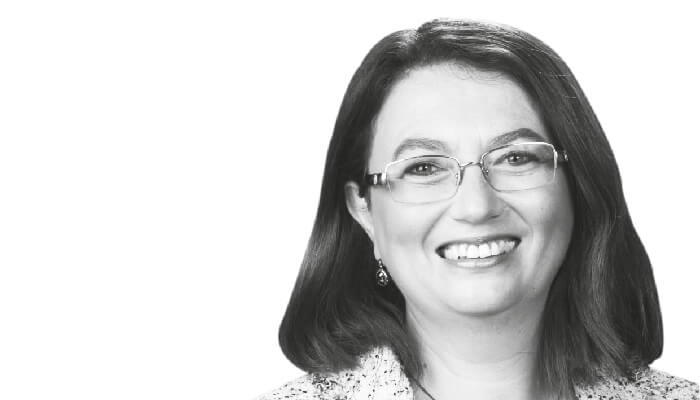For a few years now, there has been some form of gender diversity symposium at the SciX and Pittcon conferences. These symposia sought to encourage young women students to stay in science as a career, by showcasing talks by established and successful women scientists in academia and industry. One of the other reasons, at least from my perspective, was to show our male colleagues (and everybody else, in fact) that women do really great science and that they deserve the same opportunities as their male counterparts.
The 2018 SciX session held no diversity session. Not because we believe we have achieved equality – and not because we have given up the fight. Perhaps these symposia became an echo chamber, with the same arguments year after year, amongst many of the same participants. What is the way forward? I would like to see the theme of diversity incorporated throughout the sessions, rather than segregating a women-only event at the tail end of conferences. In these mini-events, we need to involve men too; male colleagues need to understand the challenges we face and be positive advocates for women in their team. It would also be great to have networking opportunities built into the sessions, so there is value beyond the presentations themselves.
Meetings such as FACSS and Pittcon also need to recruit a balance of plenary speakers – after all, there is no shortage of excellent female scientists in the field. FACSS has featured a lot of women as general chairs and program chairs of SciX – but that isn’t the case at most analytical/ spectroscopy conferences. (I was the first woman to co-chair at ICAVS in 2005. It took 13 years for another woman to do the same, at ICORS.)

Professors also have a part to play in encouraging female students to attend conferences, to volunteer, and to present. I have learned a lot of skills through my work with SAS (Society for Applied Spectroscopy). Volunteering at SAS provided me with experience of listening to different opinions, negotiating, writing, clearly presenting my points of view and thinking outside the box.
Young women, who are often socialized to be less assertive than young men, need to learn how not to be intimidated by the number of people present at a meeting. My strategy has always been to make sure I’m part of the conversation. I make a point before every meeting or conference to spend a few minutes scanning a newspaper: who scored that home run? Who won the Nobel prize? Those are the icebreakers.
So, what can each one of us do to help young women scientists? I think it’s the responsibility of every female scientist to be open and willing to help make connections. Younger scientists are understandably intimidated to approach the big names in the field – and who, admittedly, are often surrounded by many people. So if you’re an established scientist and see a younger counterpart on the edge of the group, pay it forward; step up and introduce yourself, and offer to introduce them to key researchers. One day, that young woman might be President of the conference, a society or a company. She might mentor other young minds or make an amazing discovery. I know from experience she will always remember you – the one who helped her break her first barrier, the one who took one minute from a conversation to say hello, the one who showed her how to support others.




